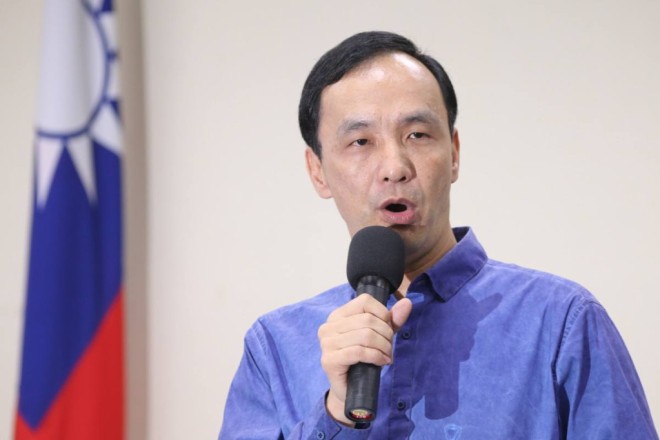The deadline for applying for KMT presidential primaries ended yesterday in a strange turn, with seemingly no party heavyweights announcing a run for president. While most news attention to date has focused on Eric Chu, current chairman of the KMT, deciding not to run for president, neither did Wang Jin-Pyng. As a result, of the three applicants for KMT candidacy who did apply, Hung Hsiu-chu and Yaung Chih-liang are the two most prominent applicants. The KMT will now go forward with its KMT presidential primary process.
Chu had previously announced that he would be finishing his term as mayor of New Taipei City and would not be pursuing presidential nomination, touting that he saw it as his role as KMT party chairman to maintain party unity. However, it may be ironic that Chu’s not running may prompt more party disunity, leaving one at odds to explain as to what Chu’s motivations in not running are. Voices within the party urging Chu to run were many, including current President Ma Ying-Jeou, who was previous chairman of the KMT before resigning after the defeat of the KMT in nine-in-one elections. Chu would have likely run unopposed.
Yet even as the fact that Chu chose not to run in 2016 elections has received the most attention, it also proves surprising that Wang Jin-Pyng also chose not to run, where he was another KMT heavyweight who might have thrown his hat into the ring. Wang announced his decision not to run in largely the same terms Chu did, citing the need for party unity, and his announcement that he would not run placed much pressure on Chu to run.
Despite Chu having reiterated many times that he would not run, popular perception remained that he would make an eleventh hour run. Chu’s meeting with Chinese President Xi Jinping was seen as a way to beef up his policy credentials regarding cross-strait relations, for example, and Chu’s continual claim that he would not run was seen as paving the way for the necessity that he would run, as a product of there being no other KMT frontrunners.
But what now for the KMT? Current proceedings evidently reflect a great deal of internal dissension within the KMT. Whether Chu or Wang chose not to run this time around because of future plans to run in 2020, despite their claims of motivations of preserving KMT party unity, is it that KMT party politicians view it as a lost cause to run in the present? It may be that for all this talk of party unity, personal interest is the actual deciding factor, in regards to preserving one’s ability to run later. However, this, too, is speculation.
Does this represent the coming collapse of the KMT, having apparently arrived prematurely even before next year’s elections? Is a Tsai Ing-Wen victory for next year assured? Or is there still some way for KMT to forcibly draft Chu? Nevertheless, in the meantime, as we are at odds to explain this outcome, rightfully deserved pleasure in the KMT’s woes aside, to get a grasp on the possibilities electoral politics for the next year and in the longer range for Taiwan will require understanding what exactly happened yesterday within the KMT.
Author: Brian Hioe
Photo Credit: 何豪毅/Taiwan People News
Biography: Brian Hioe (丘琦欣) is an M.A. student at Columbia University, a freelance writer on politics and social activism, and an occasional translator. He is formerly a resident of Taipei, Taiwan.

